Meet Ryan-Alexander Thomas | Umanity Inc. President / CEO
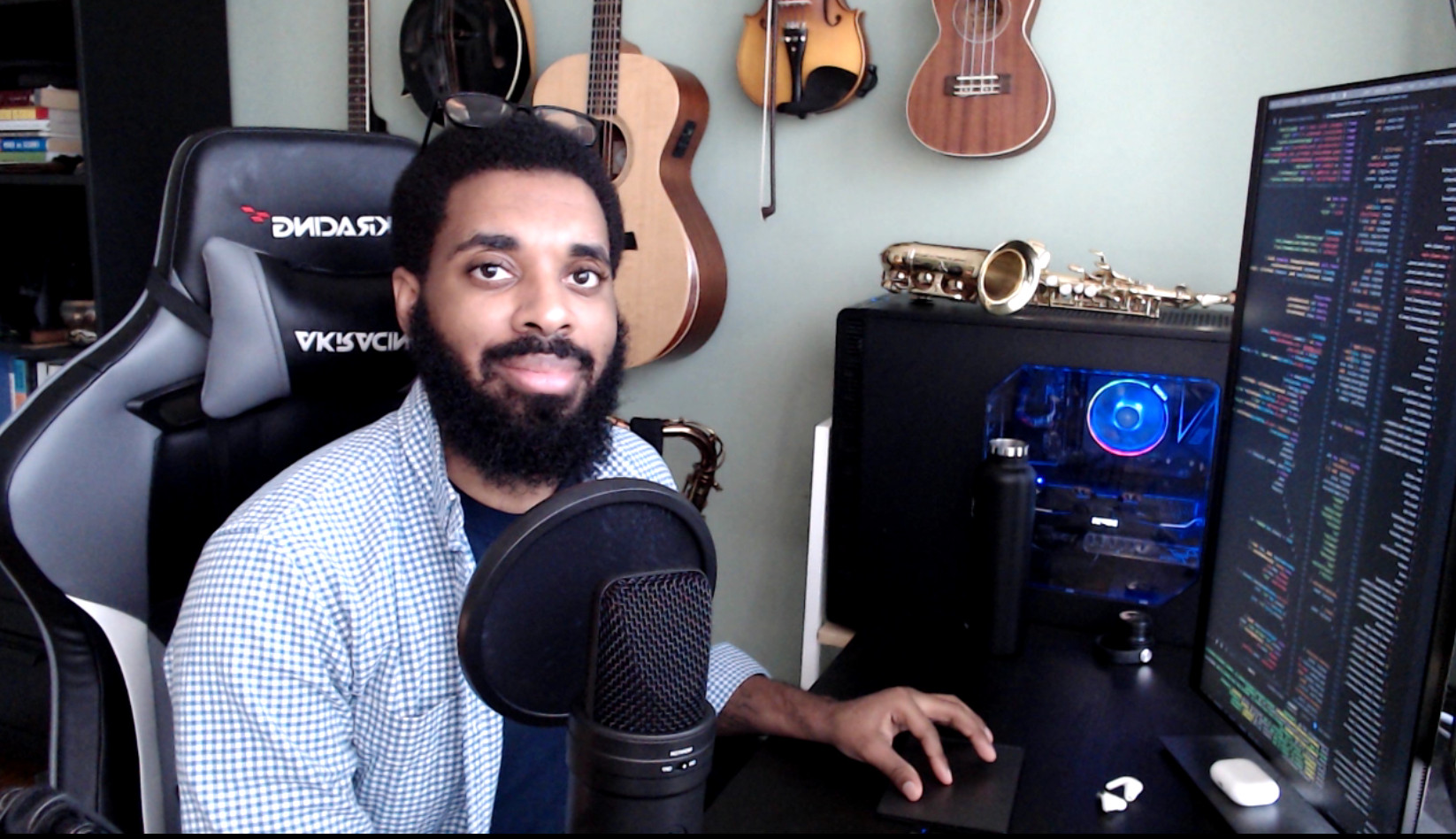
We had the good fortune of connecting with Ryan-Alexander Thomas and we’ve shared our conversation below.
Hi Ryan-Alexander, can you walk us through the thought-process of starting your business?
I didn’t want to be a computer scientist, philanthropist, or business owner growing up; I wanted to teach music. I went to college to study music theory and jazz and eventually achieved my goal as a middle school band director. Within months, I wanted to teach more students beyond my job description so I started offering lessons for free. One thing led to another and I found myself trying to figure out how to make a music education iPhone application before realizing I knew nothing about app development. Wanting to learn, I asked a professor at UH to let me sit in on an intro CS course and he offered to let me shadow him and his team as they were working on a project which I would later learn was funded by MIT. Long story short, and after putting in a completely unnecessary number of hours (I was hooked on the power of app development) I was offered a position as a programmer working directly for MIT.
Just a bit over a couple years later, Houston, my home town, was ravaged by hurricane Harvey. I was shocked by the number of people that came together in the wake of the disaster. But what didn’t sit right with me was some people’s GoFundMe’s were 10,000% over-subscribed and other folks received absolutely no assistance. There needed to be a platform that was designed for collaborative giving, not just further entrenching siloed communications. Social media can be a powerful tool, but it’s near-impossible to separate the signal from the noise — this results in half of donated clothes and food going to waste and NGOs spending more time and money marketing than actually assisting those in need. Umanity was born out of the idea that community resources should be easy-to-find, easy-to-give, and easy-to-receive.
Our mission is to make community impact simplified, verified, and quantified. We have worked with and studied the behavior of hundreds of nonprofits to understand the fundamental issue that we — humans in general — don’t have a way to know who needs help, what resources are available, and who’s doing what in real-time. Umanity’s persistent, public, and transparent ledger for distributing community resources converts any church, shelter, nonprofit, or city department into a philanthropic marketplace, reducing that coordination waste/friction by over 90%. Every day, we look to improve our process and platform by at least 1%. We ask ourselves, “how can we make it easier to give?”, “how can we shorten the time it takes to receive a critical resource?” No more phone calls, emails, or guesswork when trying to understand what to do. The future is collaborative giving and we are grateful to lend our data science and community engagement knowledge and skills to propel this industry.
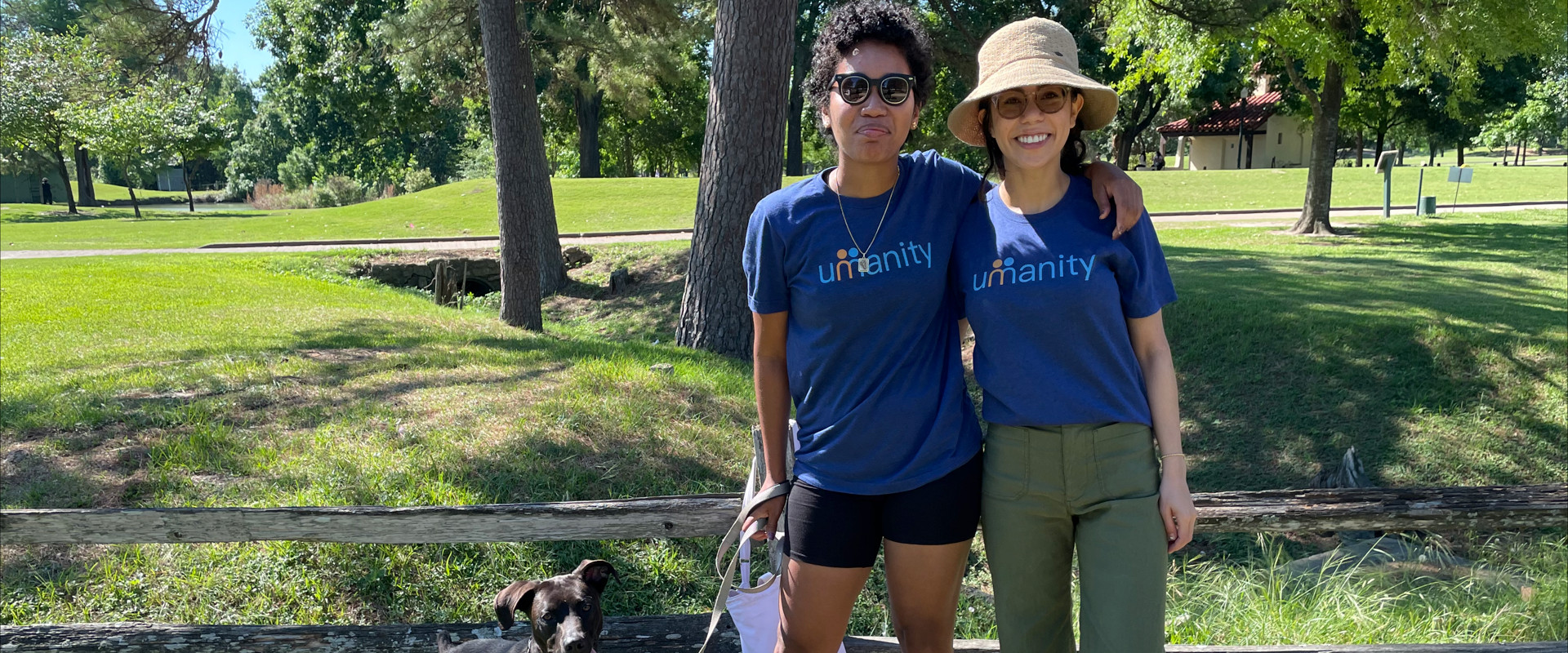
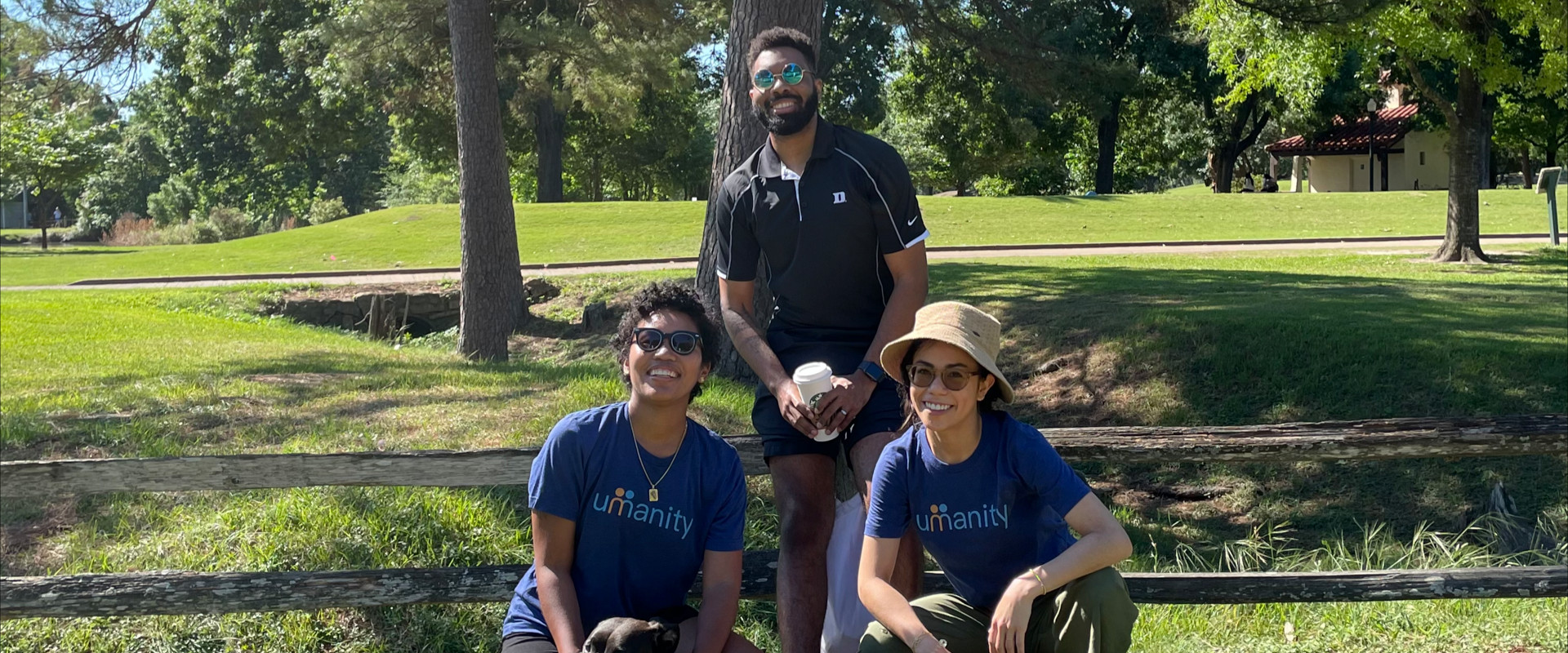
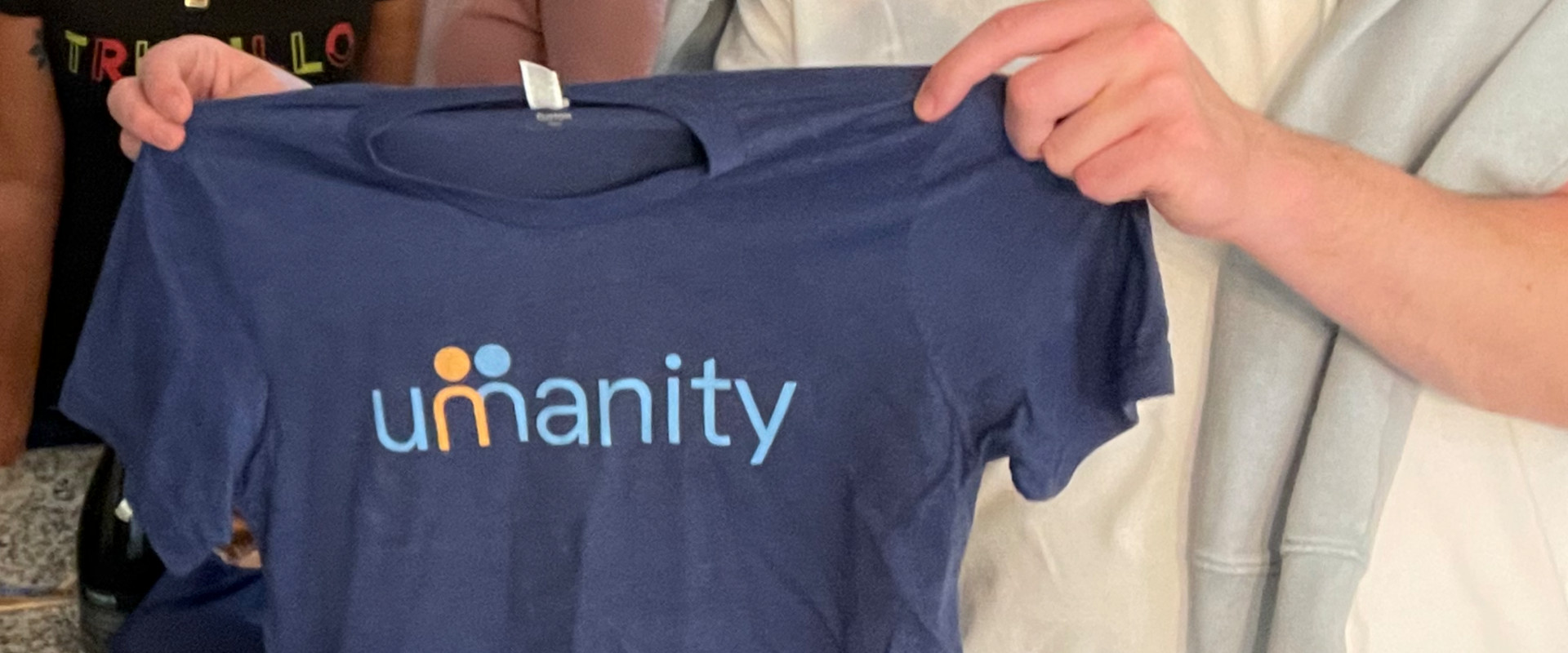
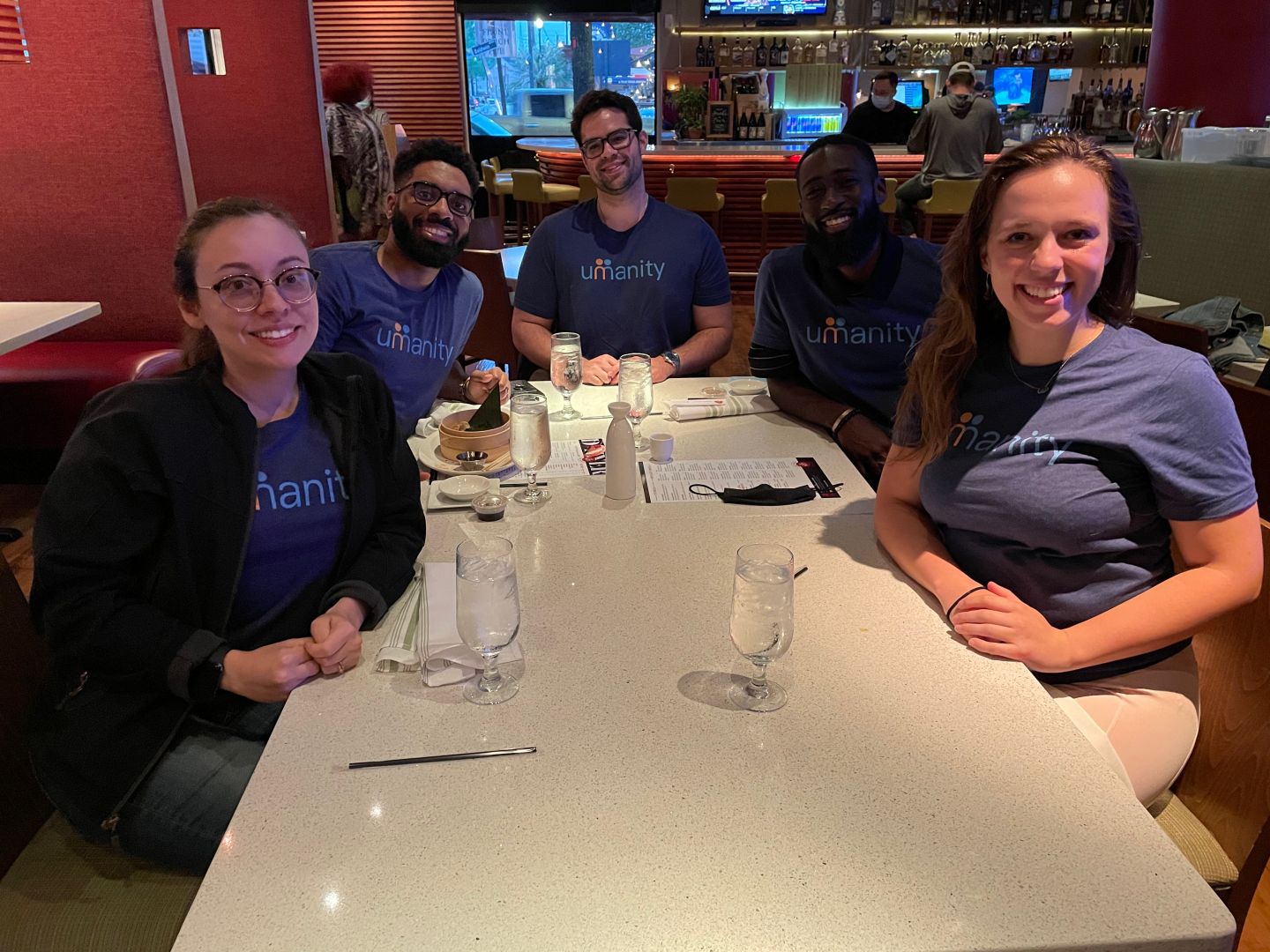
Alright, so let’s move onto what keeps you busy professionally?
I come from a family of musicians and politicians and that has greatly influenced my app development and interpersonal skills. As musicians, we want to make sure everyone gets in where they fit in. Every single person has something meaningful and unique to contribute. However, the political side of me spends a great deal of time trying to understand when and where that might be. Our company prides itself on our partnerships. When we collaborate with a nonprofit or another business, we ensure they get more out of the relationship than they put in. Playing jazz for years has taught me that everybody can get their time to shine as long as you know the tune in time. We conduct our business the same way. When presented with a moon-shot feature request that will require an incredibly challenging algorithm, we start with what we know and iterate. We are afraid to admit we don’t have all of the answers. But we’re more than willing to meet anyone with whom we work with more than half way. We apply that same mentality to the collaborative platform we’re actively developing. Every single person in a given community may have something they can share while simultaneously someone else in community may something that can benefit them. Again, it’s just a matter of everyone getting in where they fit in. That’s what we’re striving to achieve.
Let’s say your best friend was visiting the area and you wanted to show them the best time ever. Where would you take them? Give us a little itinerary – say it was a week long trip, where would you eat, drink, visit, hang out, etc.
I’d 100% take them to Buffalo Grille for breakfast and then Ramen Tatsu-Ya for lunch. If they have some shopping they need to get done, Rice Village, Highland Village, and the Galleria all provide your staples. To relax and spend a bit of time outside, I’m looking at Hermann Park and Menil Park. Houston has so many different eateries, neighborhoods, and places to explore; there’s something for everyone!
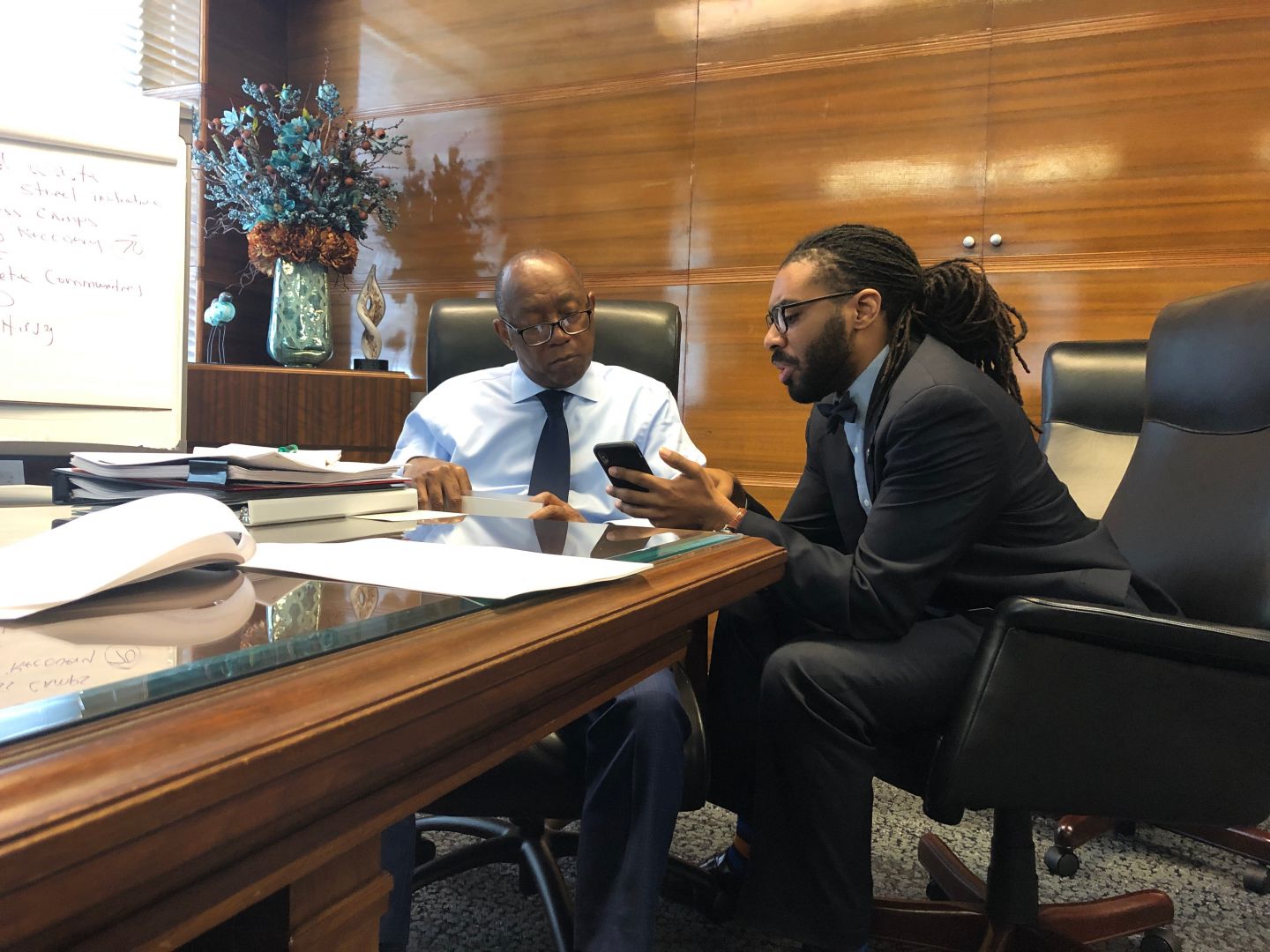
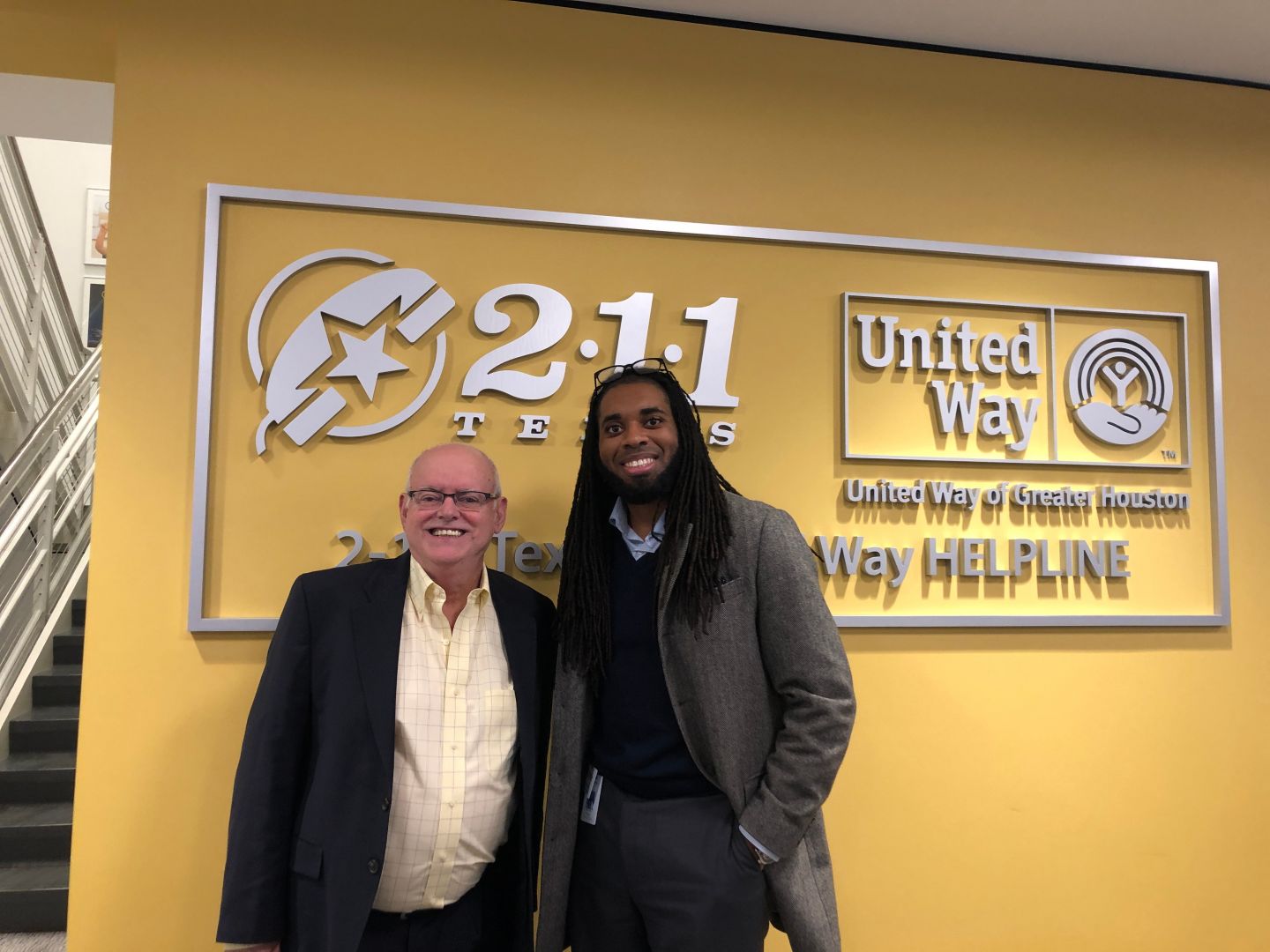
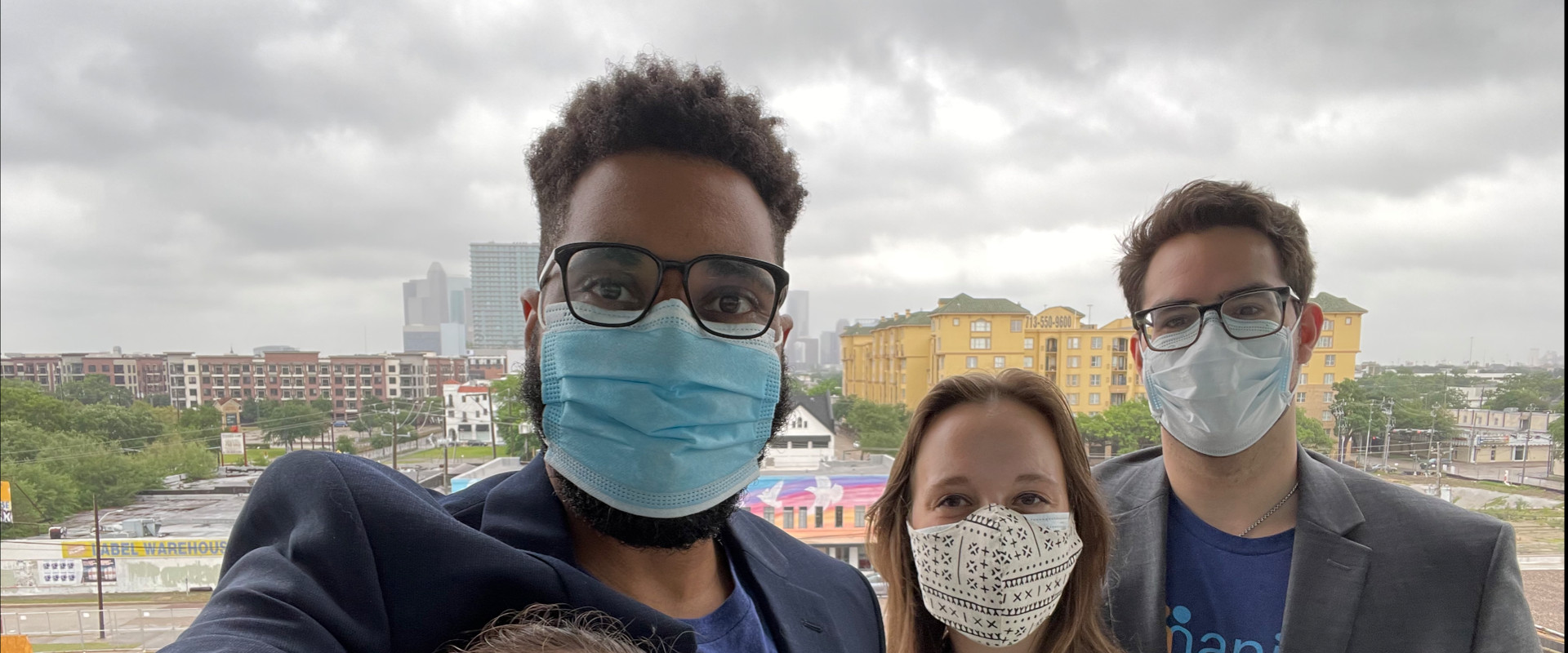
Who else deserves some credit and recognition?
Heath Butler (Mercury Fund / Urban Capital) has been instrumental in our success. Not only providing our company mentorship and early investment, Heath guided us through the murky waters towards product-market fit. He saw what were/are trying to do and believed in us. It is truly encouraging to have someone of his caliber point to Umanity and say “I’m willing to take a bet on these guys.”
Website: https://umanity.app
Instagram: https://www.instagram.com/umanityinc/
Linkedin: https://www.linkedin.com/company/umanityinc/
Twitter: https://twitter.com/umanityinc
Facebook: https://www.facebook.com/umanityinc
